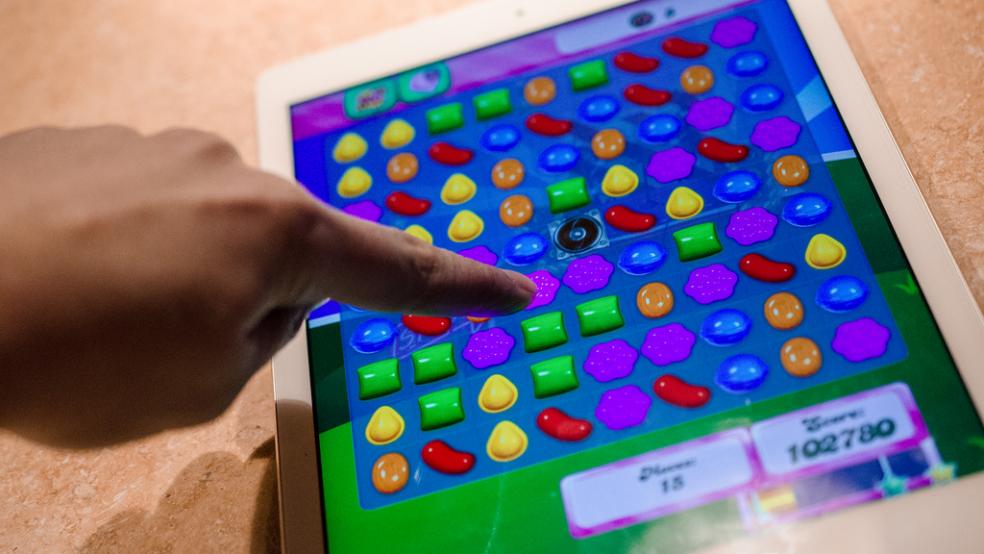Many parents worry that their kids spend too much time staring at electronic devices, and that doing so may detract from their ability to interact with others. That's nothing new. But a study out of the University of California, Los Angeles just published in the journal Computers in Human Behavior lends some empirical support to this parental gut instinct.
The researchers sent 51 sixth graders from a public school in southern California to an outdoor education camp for five days of face-to-face activities, which included hiking, shelter building and other team-oriented exercises. The children were denied access to electronic devices or screens of any kind, including televisions, computers and cellphones.
Related: How Apple Is Changing Kids’ Brains
This experimental group was compared against a control group of another 54 sixth graders from the same school, who spent five days going to class and consuming digital media as they normally would. Both groups had previously reported spending four and a half hours per day outside of school texting, watching television or playing video games.
After each group's five days were up, the kids were given tests requiring them to read facial expressions and infer emotions from pictures and from video scenes with verbal cues removed. These post-study tests were compared with pre-study tests measuring the same capabilities. The results were clear: Even after only five days, kids who were denied video devices were significantly better at reading non-verbal emotion cues in both the still-photo and video portions of the tests than their control group counterparts.
Related: Preparing Kids for Cyber Jobs and Cyber Warfare
The authors openly admit their findings might not be entirely conclusive; they can't disentangle all the various factors that might be at play. But even if the experimental group's ability to better read non-verbal cues was more about a boost from the intense face-to-face interactions at the camp rather than the absence of screen time, the study still points in the same general direction.
"You can’t learn nonverbal emotional cues from a screen in the way you can learn it from face-to-face communication,” Yalda Uhls, the study's lead author, said. “If you’re not practicing face-to-face communication, you could be losing important social skills.”
Related: Sleep Problems Plague Device-Dependent Children
The authors hope the results of this research will be a "call to action" for more researchers to take a look at the effect digital media has on kids, both inside and outside the classroom.
Those screens and devices aren't going away, and can be incredibly useful, of course, so outright banning kids from using them is unrealistic. Better for families and educators to heed studies like this one, and start thinking about ways to manage the devices so kids get the most out of them while still retaining the evolutionary mechanisms that make them human.
Top Reads from The Fiscal Times:
- Why So Many American Workers Lack Ambition
- The Surprising Way Teachers Are Outfitting Their Classrooms
- 13 Gadgets the 1 Percent Should Take to College





